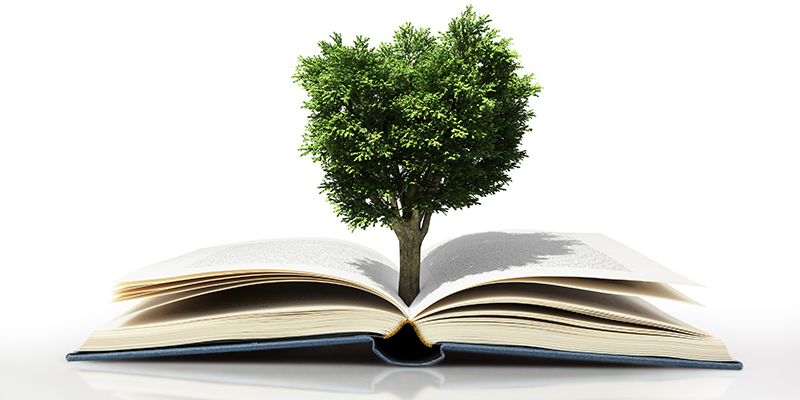New course in Sustainability Literacy for Business for all Bachelor students
August 30, 2017
Starting this fall, all incoming bachelor students will take a brand new course on ''Sustainability Literacy for Business''. Over 14 weeks, the course will cover a range of topics designed to introduce students to the concept of sustainability and its implications for business.
Beginning with discussions on students’ visions for the world and their perceptions of status quo, the course will delve into issues surrounding the environment, inequality, health, and wellbeing, using indicators related to the UN’s sustainability goals.
''People are simply not aware. For instance, they don't know how many starving people there are in the world. We're going to take quite a global perspective, but we’ll also look at the situation across lots of different levels, from local to global,'' says David Leonard, one of the three co-lecturers. To explore student opinions on these topics, the lecturers will use interactive 'virtual voting' which allows students to vote using their mobile phones and the results to appear on the screen in real time.
They will look at economic activity from an ecological standpoint: comparing the narrow neo-classical view of economics with how ecological economists see the economy as a flow of materials and energy rather than products and money.
Next up the class will investigate what exponential growth means, using simulations to look at how growth rates translate into doubling times, and exploring what that means in a number of scenarios. They will then step into the natural sciences to learn how the laws of thermodynamics and planetary boundaries represent unavoidable limits to continuous expansion of human activity.
Climate change is a vital topic for environmental sustainability, but rather than really going into the science, they will talk about how science differs from politics to try to understand why we have an ongoing debate about climate exchange. In small groups, students will form delegations representing different areas of the earth and participate in a mock climate change negotiation. Each group will determine what reforms their region is willing to make, and a simulator will show how the world could look in 2100 based on their choices. They then have the opportunity to debate the concessions made by the other groups.
The next section addresses the question of whether technology can enable us to grow our way out of trouble. Students will consider the extent to which human activities can be decoupled from their impacts, as well as the rebound-effect, in order to assess how much optimism it is wise to place in technological innovation as the solution to global challenges.
Once the students have expanded their global outlook and considered these different factors, the course will delve deeper into the meaning of sustainability itself. They'll explore the different conceptions and models of sustainability that exist, and what sustainability means to different people.
''Given that we've reached the conclusion in the first eight units that perpetual economic growth is infeasible, we're then going to have a look about why we as people and societies continue to pursue this goal of economic growth,'' says David. ''We'll look at the various drivers of our growth-addicted societies, from the institutional level all the way down to the psychological level.''
'There's misinformation and a lot of sustainability illiteracy out there, which is really what we're trying to overcome with this course,'' he says.
The final units focus on sustainability literacy for business, translating all the things learned into the implications for owners and managers. Managerial ethics and CSR will be covered, as well as the business case for sustainability in terms of cost savings and the ability to attract customers, good employees, and investment. Sustainability reporting is examined as a means of communicating with stakeholders, and certification schemes as a way to verify the claims made by companies. Students will explore what businesses can do to become more sustainable and develop a business model for a business which acts in sustainable ways.
The course will end with a guest lecture from the president of Six Senses Resorts, who will discuss how the integration of sustainable principles has been key to the organization’s success.
''Students will not be given lots of heavy readings in this course,'' says David. ''The main learning objective is that they become more interested in sustainability. We want them to understand current problems and see what can be done, to examine their own values, to recognize the importance of action, and to personally adopt some responsibility. And, importantly, to enjoy it.''





